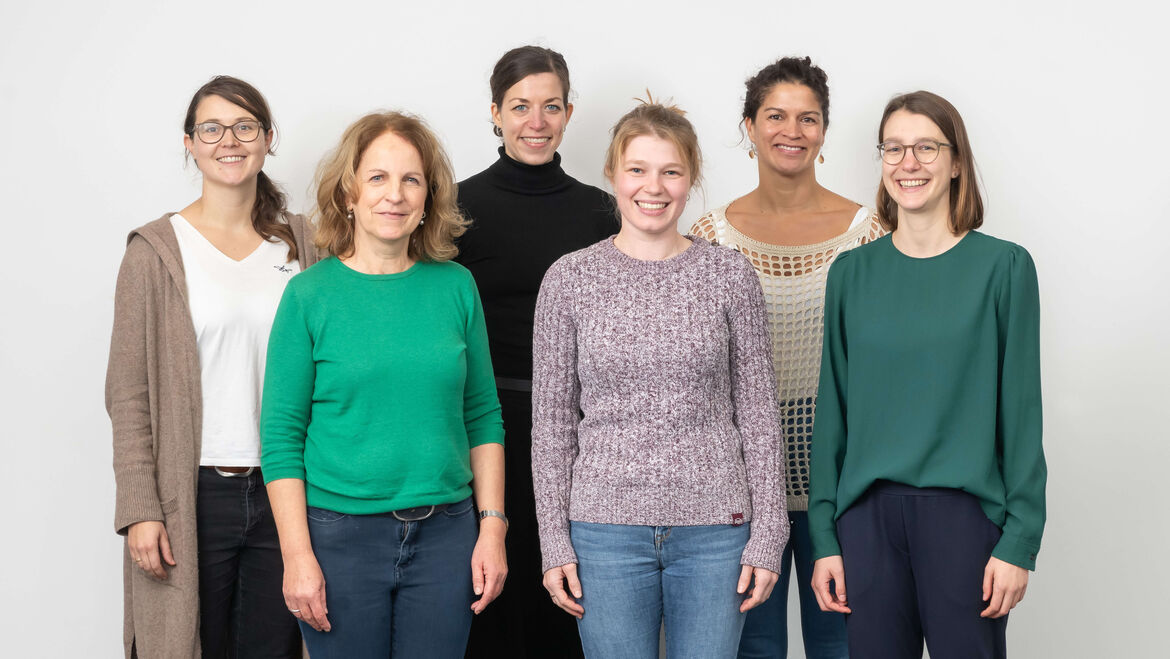-
Working Groups
- Climate Change and Health Intervention
- Climate Change, Nutrition and Health
- Climate Change, Migration and Health
- Heidelberg Planetary Health Hub (Hei-Planet)
- Climate-smart Health Systems
- Closing pandemic health gaps
- Design and implementation research in global health
- Digital Global Health
- Disease Control in Disadvantaged Populations
- Epidemiology and Biostatistics
- Epidemiology of Transition
- FAIR and ethical data and sample reuse
- Field Epidemiology Research in German Public Health
- Global Child Health
- Global Health and Economics Research Group
- Global Health Diagnostics
- Global Health Policies and Systems
- Health Economics and Health Financing
- Health Policy and Integrated Knowledge Translation
- Implementation research for prevention and disease control
- Injury Epidemiology and Prevention
- Mathematical Modelling of Infectious Diseases
- Non-communicable disease (NCD) in LMICs
- Non-Communicable Diseases (NCDs) Implementation Research
- Oral Health
- Planetary Child Health
- Science Communication
- Vector Borne Diseases and Geo Health
Research Group “Climate-smart health systems”

Impacts of climate change pose a great threat to global health, while climate change mitigation offers great health opportunities . Therefore, health systems, defined as “all the activities whose primary purpose is to promote, restore or maintain health” need to be fit to integrate climate change adaptation and mitigation into all their core functions. This junior research group is investigating new approaches for climate-smart health care with a particular focus on climate-sensitive health counseling, reducing greenhouse gas emissions in hospitals and climate change and health trainings for the health workforce.
Background
Climate change poses a great threat to human health, for instance by increasing extreme weather events, changing patterns of infectious diseases and allergies or adversely impacting mental health. Therefore, health systems, defined as “all the activities whose primary purpose is to promote, restore or maintain health” need to adapt to those challenges in their various functions. While climate change adaptation is necessary to manage the unavoidable, climate change mitigation is necessary to avoid the unmanageable. This is also true for health systems: The health care sector produces around 5% of global greenhouse gas emissions. Thus, it is necessary to decarbonize the health sector. On the other hand, individual lifestyles are responsible for both greenhouse gas emission and ill health, particularly with regard to food and mobility patterns. Therefore, promoting plant-based diets and active mobility (walking, biking) can both promote health and mitigate climate change (so called co-benefits). This research groups takes new approaches to address these aspects of climate change adaptation and mitigation in health systems.
-
Working Groups
- Climate Change and Health Intervention
- Climate Change, Nutrition and Health
- Climate Change, Migration and Health
- Heidelberg Planetary Health Hub (Hei-Planet)
- Climate-smart Health Systems
- Closing pandemic health gaps
- Design and implementation research in global health
- Digital Global Health
- Disease Control in Disadvantaged Populations
- Epidemiology and Biostatistics
- Epidemiology of Transition
- FAIR and ethical data and sample reuse
- Field Epidemiology Research in German Public Health
- Global Child Health
- Global Health and Economics Research Group
- Global Health Diagnostics
- Global Health Policies and Systems
- Health Economics and Health Financing
- Health Policy and Integrated Knowledge Translation
- Implementation research for prevention and disease control
- Injury Epidemiology and Prevention
- Mathematical Modelling of Infectious Diseases
- Non-communicable disease (NCD) in LMICs
- Non-Communicable Diseases (NCDs) Implementation Research
- Oral Health
- Planetary Child Health
- Science Communication
- Vector Borne Diseases and Geo Health

